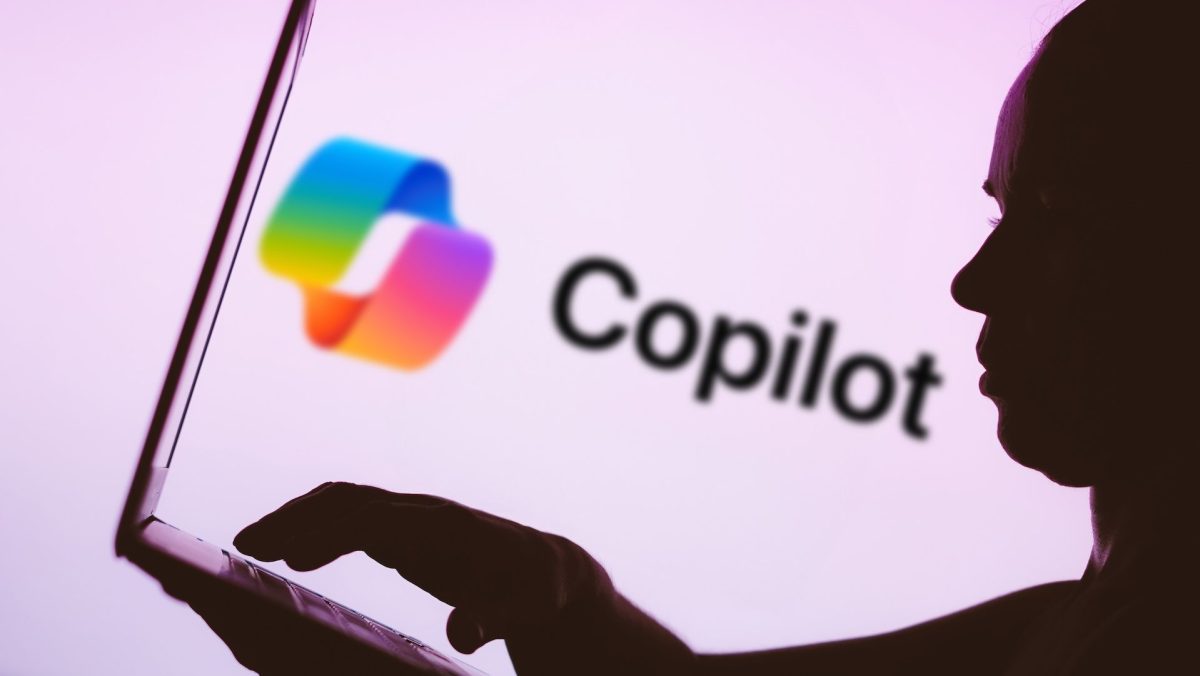Microsoft Integrates Anthropic’s AI Models into Copilot

Key Points
- Microsoft adds Anthropic’s Claude Opus 4.1 and Claude Sonnet 4 to Copilot.
- Integration begins on a Wednesday, expanding Copilot beyond OpenAI models.
- Anthropic’s technology was recently embedded in Office 365 apps like Word, Excel, and Outlook.
- Business users can choose between OpenAI’s deep‑reasoning models and Anthropic’s offerings.
- Opus 4.1 focuses on complex reasoning, coding, and architecture planning.
- Sonnet 4 is optimized for routine development, large‑scale data processing, and content generation.
- The move signals a gradual shift from Microsoft’s earlier exclusive partnership with OpenAI.
Microsoft is expanding its AI portfolio by adding Anthropic’s Claude Opus 4.1 and Claude Sonnet 4 models to its Copilot assistant. The move, announced on a Wednesday, follows a recent agreement to embed Anthropic’s technology in Office 365 apps such as Word, Excel, and Outlook. Business users of Copilot will now be able to select between OpenAI’s deep‑reasoning models and Anthropic’s offerings for tasks ranging from complex research to custom AI tool creation. Opus 4.1 targets advanced reasoning and coding, while Sonnet 4 focuses on routine development, large‑scale data processing, and content generation.
Microsoft Expands AI Capabilities with Anthropic Integration
Microsoft announced a significant expansion of its artificial‑intelligence ecosystem by incorporating Anthropic’s AI models into its Copilot assistant. The integration, set to begin on a Wednesday, marks a shift from Copilot’s previous reliance primarily on OpenAI’s models. By adding Anthropic’s Claude Opus 4.1 and Claude Sonnet 4, Microsoft is providing its business customers with a broader selection of AI tools for diverse tasks.
The partnership reflects a gradual move away from the earlier exclusive relationship Microsoft held with OpenAI. This development follows a recent agreement that brought Anthropic’s technology into Microsoft’s Office 365 suite, including Word, Excel, and Outlook. The new arrangement underscores Microsoft’s strategy to diversify its AI offerings and give customers more flexibility.
Copilot users will now have the option to choose between OpenAI’s deep‑reasoning models and Anthropic’s two distinct models. Claude Opus 4.1 is positioned for complex reasoning, coding, and deep architecture planning, making it suitable for intricate research projects and the development of custom AI tools and enterprise‑grade agents. In contrast, Claude Sonnet 4 is tailored for routine development tasks, large‑scale data processing, and content generation, offering a complementary set of capabilities for everyday business needs.
This dual‑model approach aims to enhance productivity across a range of scenarios. Business users seeking advanced analytical power can leverage Opus 4.1, while those focused on high‑volume processing or content creation may find Sonnet 4 more appropriate. By integrating these models directly into Copilot, Microsoft streamlines access to sophisticated AI functions without requiring separate platforms or additional licensing.
The rollout is part of Microsoft’s broader effort to embed AI more deeply into its product ecosystem, reinforcing its commitment to delivering cutting‑edge tools that support both specialized and routine workflows. As organizations continue to adopt AI‑driven solutions, the ability to select the most suitable model for a given task is expected to drive greater efficiency and innovation.